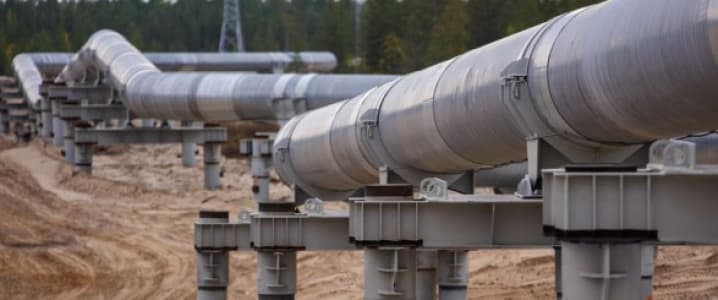Recently the Trump Administration announced plans to impose a 5 percent tax on all goods imported from Mexico unless “the illegal migration crisis is alleviated.” These tariffs would potentially rise to 25 percent by October.
Many business groups immediately came out against the idea. Neil Bradley, chief policy officer for the U.S. Chamber of Commerce, said “Imposing tariffs on goods from Mexico is exactly the wrong move. These tariffs will be paid by American families and businesses without doing a thing to solve the very real problems at the border.”
Iowa Republican Chuck Grassley, who has seen farmers impacted by retaliatory tariffs in our trade war with China, blasted the idea, stating that “trade policy and border security are separate issues. This is a misuse of presidential tariff authority and counter to congressional intent.”
Whenever implementing new policies, the risk of unintended consequences is always present. This means that there can be potential outcomes that are not foreseen by a change in policy. In some cases, new policies have led to worse outcomes because of unintended consequences.
We have already seen this with the trade war with China. After raising tariffs on Chinese goods, China retaliated by raising tariffs on many U.S. goods, including agricultural products. Farmers have been hit hard by this change of policies, which is why Senator Grassley is so sensitive about the issue.
That long preamble brings me to my point, which is the potential impact on our most important natural gas export market.
U.S. natural gas production has surged as a consequence of the shale revolution. After hitting the lowest point in decades in 2005, U.S. natural gas production has risen nearly every year since. Along the way, the U.S. became the world’s top natural gas producer. In 2018, U.S. natural gas production was 73 percent higher than in 2005. Related: Climate Change Could Trigger Global Financial Crisis
There have been many consequences of this boom. One is that carbon dioxide emissions in the U.S. declined by more than any other country over the past decade, largely a result of utilities switching from coal to natural gas. Low natural gas prices benefited consumers, and many industries took advantage by locating new manufacturing capacity in the U.S.
Another consequence is that U.S. export trade in natural gas skyrocketed. In 2005, the U.S. exported about 700 billion cubic feet (Bcf) of natural gas, primarily to Canada and Mexico by pipeline. By 2018, total natural gas exports had increased by a factor of five to 3.6 trillion cubic feet (Tcf).
Most of this growth was in exports to Mexico, which imported 1.7 Tcf of U.S. natural gas in 2018. This is a far greater total than for any other country, and is in fact more than all liquefied natural gas (LNG) exports to all countries.

(Click to enlarge)
Natural gas exports to Mexico
To put this number into perspective, pipeline exports to Mexico are now equivalent to 5.2 percent of total U.S. natural gas production. These exports are a boon to U.S. natural gas producers, as well as pipeline companies that are building out the pipeline infrastructure to move the gas south of the border.
ADVERTISEMENT
Natural gas demand in Mexico is projected to continuing growing, as a result of new electrical generation capacity additions. That demand will be primarily satisfied by more imports from the U.S. That is, unless Mexico retaliates and natural gas producers end up paying the sort of price U.S. farmers have paid as casualties in a trade war.
By Robert Rapier
More Top Reads From Oilprice.com:
- Middle East Torpedo Attacks Send Oil Prices Soaring
- Escalating Trade War Signals More Pain For Oil
- The No.1 Reason Why Investors Are Shunning Energy Stocks


















